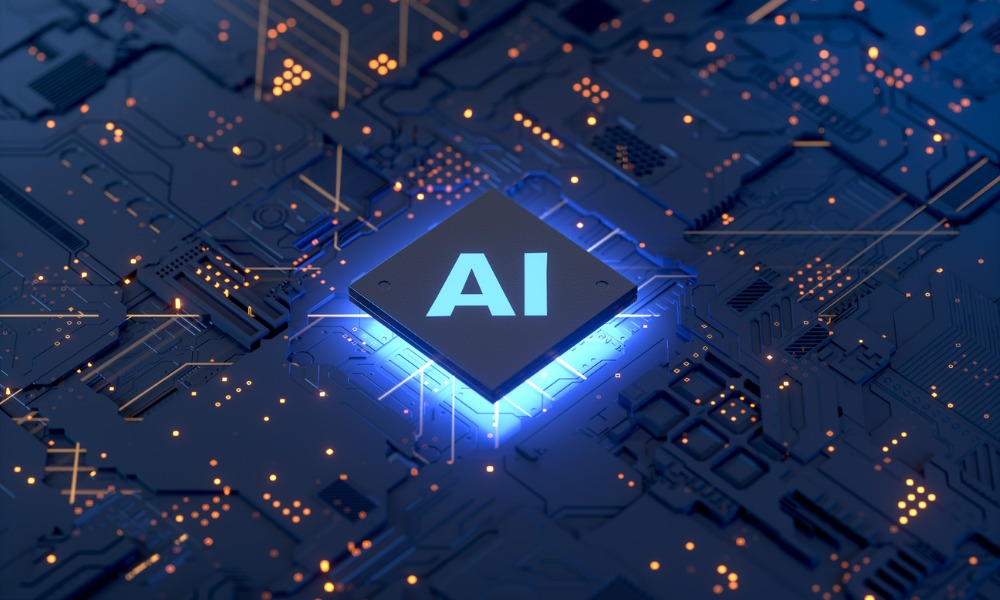Study says there is 'room for policy and retraining to mitigate unemployment impacts'

As fears of AI replacing employees grow bigger, a new study says the rapidly developing technology is still too expensive to replace humans.
The study from the Massachusetts Institute of Technology (MIT) found that only less than a quarter of wages for jobs where computer vision is employed can be cost-effectively replaced by AI.
Computer vision is a field of computer science that focuses on enabling computers to identify and understand objects and people in images and videos, according to Microsoft.
Roles employing computer vision include teachers, bakers, and property appraisers, according to the MIT study.
"We find that only 23% of worker compensation 'exposed' to AI computer vision would be cost-effective for firms to automate because of the large upfront costs of AI systems," the MIT study said.
Baker's case highlights costs of AI
It used the role of a baker as an example, where a computer vision system can be utilised during the process of quality checking ingredients.
But the study noted that this part of baking is only "roughly six per cent of the duties" of a baker.
"A small bakery with five bakers making typical salaries ($48,000 each per year), thus has potential labour savings from automating this task of $14,000 per year," the report said.
"This amount is far less than the cost of developing, deploying, and maintaining a computer vision system and so we would conclude that it is not economical to substitute human labour with an AI system at this bakery."
The study, which used online surveys to garner data on about 1,000 visually assisted tasks in 800 jobs, allays job insecurity fears faced by employees across the world due to the integration of AI in the workplace.
"Overall, our findings suggest that AI job displacement will be substantial, but also gradual – and therefore there is room for policy and retraining to mitigate unemployment impacts," the MIT study said.
The International Monetary Fund previously suggested that AI would expose almost 40% of global employment, while an earlier study from the Goldman Sachs said 300 million roles are at risk due to AI.
In fact, a survey from IBM last year revealed that 43% of CEOs in over 30 countries have carried out reductions or redeployments following the rapid rise of generative AI.
The CEO of Indian e-commerce firm even said last year that they replaced 90% of their support staff with AI, citing that it's "100 time smarter" and cost them "like a 100th" of what they pay the previous team.








